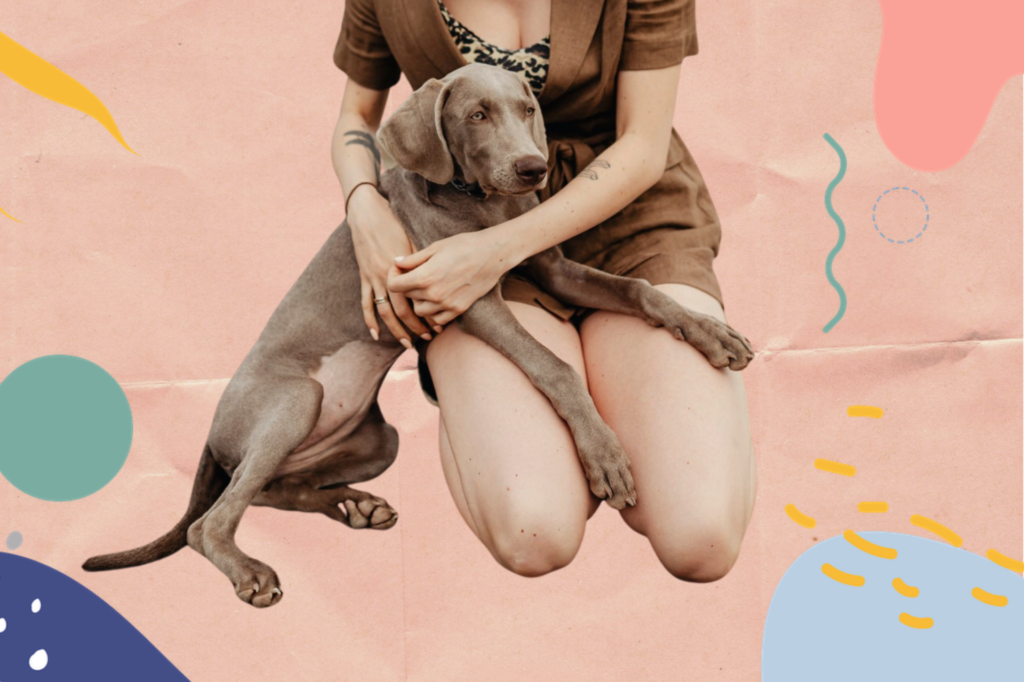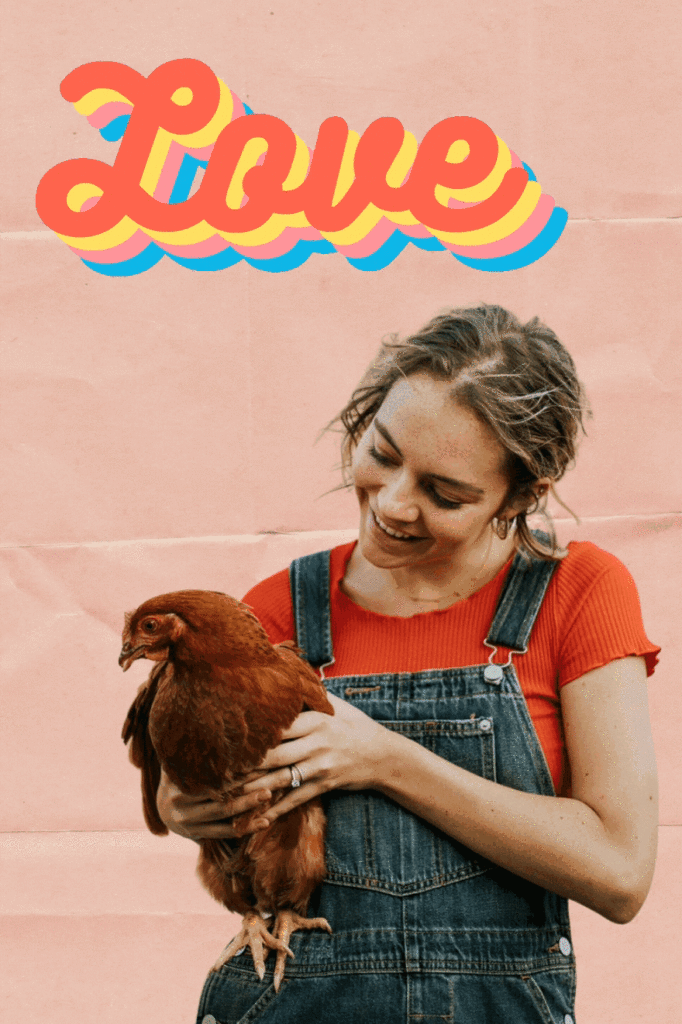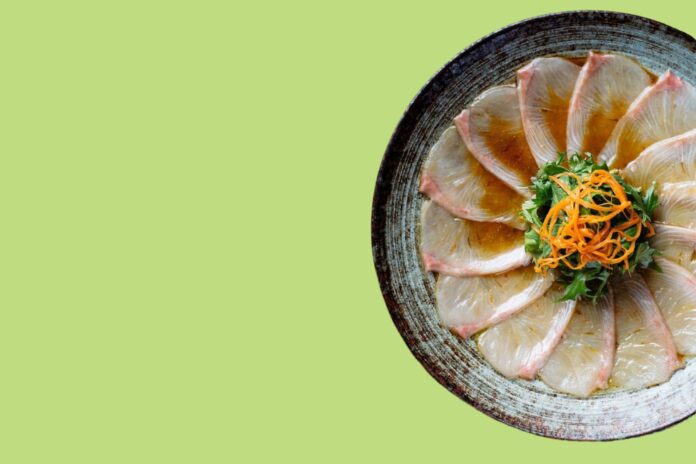Ideal for animal lovers looking to provide the best care possible.
“An ounce of prevention is worth a pound of cure.” said the renowned writer, political thinker, and scientist, Benjamin Franklin. And after a cursory Google search to check that an ounce is, indeed, lighter than a pound, we can use these wise words going forward when considering not only the health of humans, but also of our beloved pets.
Today, we’re using the lessons encapsulated within this message in the name of proper pet health. Preventing issues with your animal companion’s wellbeing all starts with a daily dose of the right vitamins, we think. With that in mind, here are 4 important vitamins to give your pets and why they should take them, IDEAL for animal lovers looking to provide the best care possible.
1. B VITAMINS
B vitamins are the building blocks of your pet’s continued, sustainable wellbeing. Vitamins B-1 through B-7, along with B-9 and B-12, promote numerous health benefits to animals and should be a part of your pet’s diet.
In particular, a dog needs these vitamins for various reasons. Here’s a quick overview of some of the B vitamins and why you should give them to your furry, four-legged friend:
- Thiamine: Helps to regulate carbohydrate and energy metabolism.
- Vitamin B-12: Also called riboflavin, B-12 helps facilitate the dog’s normal enzyme function.
- Vitamin B-6: This vitamin is responsible for glucose (sugar) generation. It’s also accountable for other physiological functions, including hormone regulation, immune system response, and red blood cell roles.
- Vitamin B-5: Also called pantothenic acid, this vitamin helps maintain normal energy metabolism in your pup’s body.
- Vitamin B-9: B-9, or folic acid, helps in amino acid and nucleotide metabolism.
Although B vitamins are essential to a pet’s health, it can be difficult to regulate the correct amounts for your animal companion. According to the Pet Honesty blog post, incorrect vitamin B administration may lead to discomfort or even an adverse reaction. Therefore, it’s absolutely essential that you consult your veterinarian first to find out the optimum amounts of B vitamins for your pet.

The good news is that dogs fed a diet rich in meat, fish, and offal, or a good commercial product, get plenty of vitamin B from their food. As the experts over ay Lively Paws points out ” A dog bouncing with good health that produces normal poop does not need a vitamin B supplement. These fur friends get everything they need from food (with a helping paw from friendly gut bacteria, which makes small amounts of B vitamins). But there are some dogs that will benefit from a B vitamin supplement”.
2. VITAMIN A
Vitamin A plays a vital role in supporting the development, quality of life, and wellbeing of different animal species. The absence or lack of this vitamin in an animal’s daily diet may lead to illness, and failure to rectify this deficiency can lead to serious complications.
On the flip side, provide ample amounts of vitamin A to your pet, and this nutrient may help improve different physiological components in animals. Administer the correct amounts of this vitamin and you’ll help maintain the animal’s vision, inflammation response, and immune system functions, particularly.
It should be noted that cats and dogs, although the most common type of pets, aren’t the only domestic animals needing vitamin A in their daily diet. Other animals, such as chickens, also need this nutriment.
Consider using the correct feed to deliver sufficient amounts of vitamin A to your pet chickens. This vitamin helps normalise the birds’ mucus-producing glands, like those in the eyelids, nose, and oesophagus.
You’ll know if your pet chickens are vitamin A deficient if you see certain symptoms, including:
- Difficulty in swallowing food
- Accumulation of a ‘cheesy’ or ‘crusty’ material in the eyelids and nostrils
- Organ failure
- Drop in egg production for hens
- Drop in egg hatchability
Aside from feeding your chickens with vitamin A-enriched feed, you may also use organic, natural vehicles to help provide the required amount of this nutrient to the birds, in the form of their diet. Leafy greens, including spinach, arugula, and endive, are rich in this vitamin; consider adding them to your bird’s feed.


3. VITAMIN C
Also called ascorbic acid, vitamin C plays a vital role in wound healing, collagen production, and dopamine creation, to name but a few benefits. It is important, however, to note that some animal species require more of this nutrient than others.
One creature that comes to mind is the guinea pig. Vitamin C for guinea pigs is vital as these relatively small pets tend to be susceptible to scurvy, an illness caused by vitamin C deficiency. This health concern may also lead to other issues, like anaemia, fatigue, and bleeding, if left untreated.
As a general rule, feed guinea pigs between 10 and 30 mg of vitamin A per day. However, nursing, pregnant, and sick guinea pigs may need more than those amounts. Again, it’s also sensible to consult with a vet prior to making big changes to your pet’s diet.
You can find various guinea pig pellets on the market that are rich in vitamin C. However, the components of this nutriment tend to be unstable, and may degrade over extended periods. Proper storage helps prevent this vitamin’s quick deterioration. Therefore, always remember to place the pellets in cool, dark places to preserve this nutriment’s efficacy.
4. VITAMIN D
Vitamin D is an essential nutrient for several animal species, including cats and dogs. This nutrient helps regulate your pet’s calcium and phosphorus retention, with calcium helping to maintain strong bones whereas phosphorus is vital for protein synthesis.
Do be aware that unlike other vitamins, it’s fairly simple to give your animal companions sufficient amounts of vitamin D naturally via sunlight exposure.
However, there are times when getting outside might not be feasible, or, your pet might not enjoy sufficient sunlight exposure. Perhaps you and your pet need to stay indoors for extended periods (a bit of a theme of 2020, hey?) or your animal recently came back from being cooped up in a veterinary clinic for days? Nonetheless, you can supplement the animal’s lack of vitamin D by providing supplements or making certain dietary decisions:
Some foods that tend to be vitamin-rich are:
- Fish
- Meat
- Egg
- Cheese and other dairy products
However, providing too much vitamin D can cause adverse reactions in pets. Some of the symptoms you need to check for are lack of appetite, increased urination, and significant weight loss in short periods.
Don’t hesitate to contact your veterinarian if you see these signs. The animal expert can evaluate these symptoms and provide the correct advice for solutions moving forward. In such situations, don’t attempt to offer drugs for vitamin D deficiency to your pet if you don’t have enough knowledge about providing correct animal treatments; you run the risk of further complicating the issue.
THE BOTTOM LINE
Vitamins A, C, and D are essential nutrients for different animal species, with B vitamins particularly important for dogs. Do remember to always consult a veterinarian if you’re unsure how to administer the correct dose of these vitamins to reduce potential side effects.





